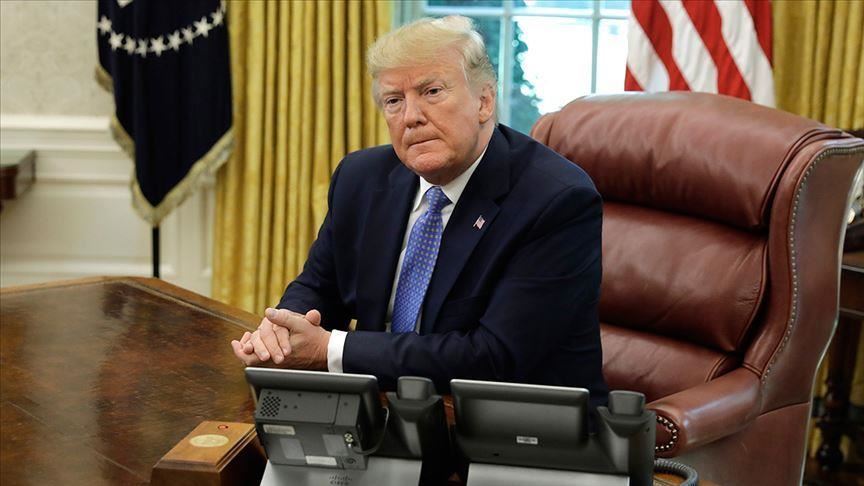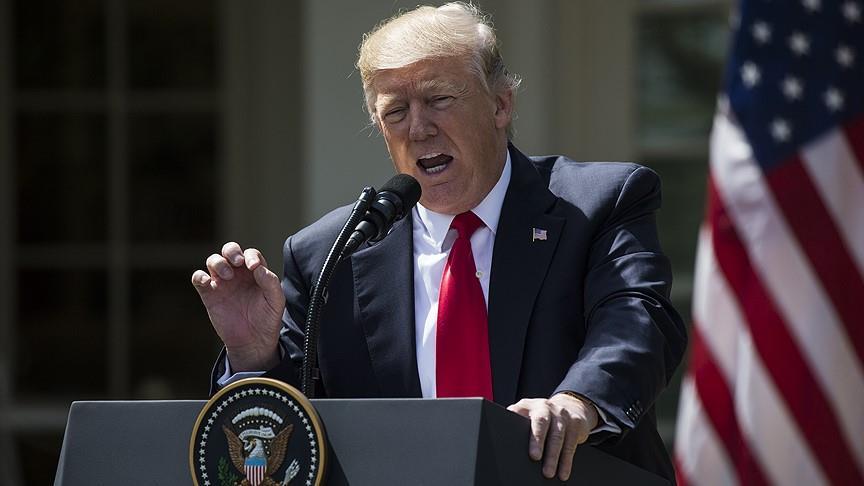
US head of Norwegian Refugee Council says cuts to Northern Triangle nations would worsen socioeconomic conditions for many
After months of pressure from Washington, Guatemala and the U.S. signed an agreement that assures the Central American state receives asylum applications of those coming from Honduras and El Salvador before the U.S.
The surprise move was announced last Friday, after the administration of U.S. President Donald Trump took measures against migration, including freezing hundreds of millions of dollars in assistance to Central America as a pressure tactic to stop the flow of migrants to the U.S.
Organizations advocating for the rights of migrants and refugees highlight how dangerous it can be to use development aid punitively — for Central American countries and the U.S.
Without assistance, hundreds of communities would be stuck in extreme poverty. According to the UN World Food Program, 1.4 million people need urgent humanitarian assistance in El Salvador, Honduras, Nicaragua and Guatemala. The few available funds are not even close to required levels.
Joel Charny, who heads the Norwegian Refugee Council in the United States, says that Trump’s threat to withdraw aid to Central America is “cruel” and “outrageous.”
He said Trump’s immigration policies not only profoundly affects thousands of families in the so-called Northern Triangle of Central America, but could increase the number of people trying to illegally cross the border between Mexico and the U.S.
It could create a kind of time bomb in which vulnerable populations in Central America face more and more risks to enter the U.S. with less development possibilities in their own countries.
“We can think that the argument should be that if the Trump administration does not want more asylum seekers and wants to limit the flow of migration, it should deal with the underlying problems that cause such migration — whether poverty, gang violence or governance problems,” said Charny.
But Trump is doing the opposite.
One of Trump’s arguments to stop aid is that although the U.S. has sent “huge amounts of money,” governments in Central American countries “are not doing anything” for the U.S.
The question about the effectiveness of U.S. aid for Central America are not unique to Trump. Various non-profits have also highlighted the need to refocus aid, but not end it.
“There have been many billions of dollars given to these countries for many years and at some basic level it is not working,” said Charny. “Maybe it’s a volume issue, which we are not giving enough. But it can also be a matter of a wrong approach or problems in recipient governments,” he said.
The truth is that the problems facing Central American countries are historical and overcoming them is complicated, said Charny.
Conflicts such as the civil war in El Salvador, fought between 1979 and 1992, created deep social disruptions that is still reflected in problems such as gangs and poor institutional capacity.
“The message must then be not only to maintain the aid program, but to provide it in a more efficient way,” says Charny.
The defense of refugees in the US Congress
“Something outrageous happens in this country every day because there are no citizen protests that one would expect for the issue of cuts to aid for Central America,” Charny said from his office in Washington.
In recent months, there has been much media and concern about the separation of families at the border and prison-like conditions in which migrants live in detention centers. “But the idea of ending the entire program of aid to Central America has received very little attention in contrast and is not an active political issue,” he said.
Democrats and even U.S. Vice President Mike Pence have visited migrant detention centers — more than 200 facilities in which Immigration and Customs Enforcement agents arrest thousands of people daily who cross the U.S. border illegally.
U.S. public opinion about the immigration crisis seems to focus on finding more money to improve living conditions in these centers.
Meanwhile, human rights defenders and refugee rights groups expose the delicate situation in the U.S. that allows some courts to pronounce the illegality of Trump’s immigration policy.
But about the Central America situation, few people talk.
“It is time to talk to Congress and see how we improve the quality of aid sent to Honduras, Guatemala and El Salvador,” said Charny.
[adrotate banner=”71″]

